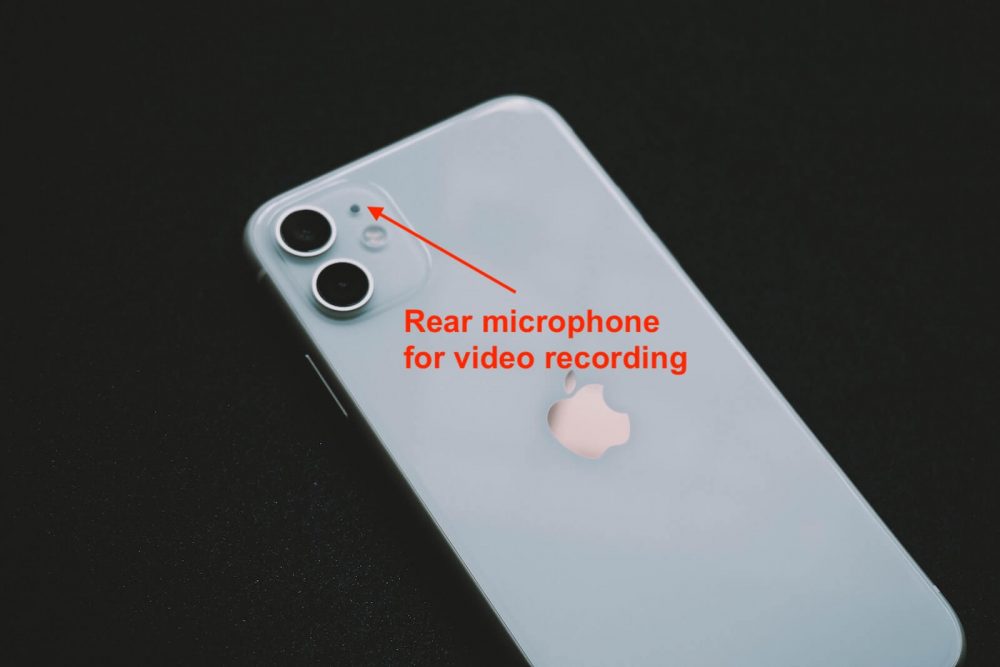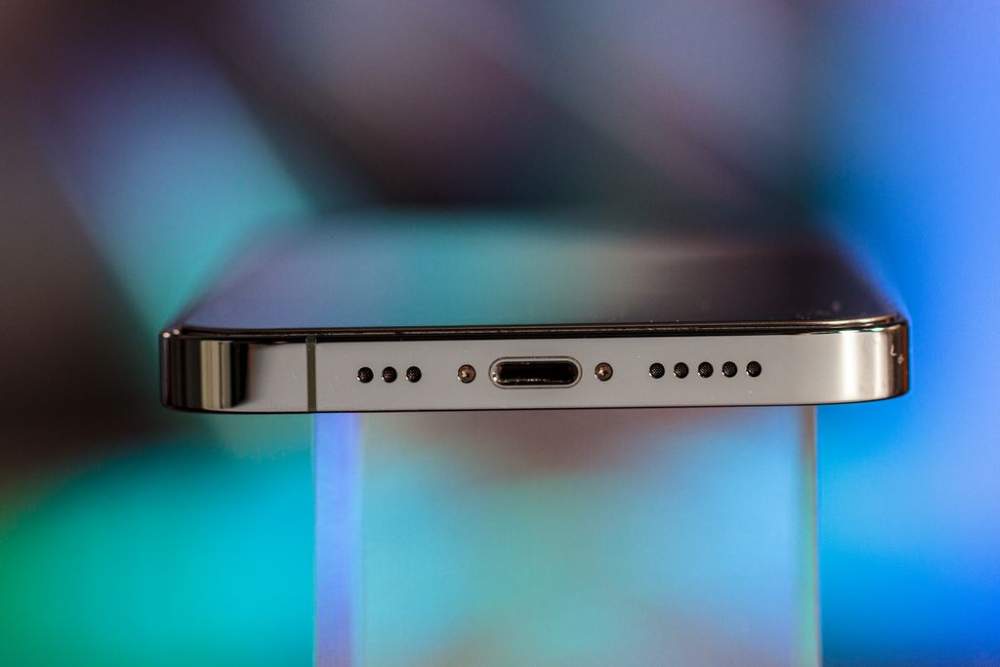If you’ve ever wondered why iPhone sucks, you’re not alone. The truth is, many people have found themselves frustrated and disappointed with the limitations and flaws of Apple’s prized device. But fear not, for within this article lies the solution to your iPhone woes. We’ll delve into the reasons why iPhone sucks, uncovering the hidden pitfalls and addressing the common issues that can turn your once-beloved device into a source of exasperation. So, if you’re ready to explore the dark side of the iPhone phenomenon, join us on this eye-opening journey.
Table of Contents
Why iPhone Sucks
Introduction
The iPhone has long been considered a symbol of prestige and innovation in the smartphone industry. However, despite its popularity, there are several reasons why some people believe that the iPhone sucks. In this article, we will explore these reasons in detail, shedding light on various aspects of the iPhone that may be seen as negative by its critics. While it is important to note that these points are subjective and there are still many positive aspects of the iPhone, this article aims to provide a balanced view for those who are considering whether or not to purchase an iPhone.
Expensive Price Point
One of the most common complaints about the iPhone is its high price point. iPhones tend to be more expensive than other smartphones on the market, especially when compared to Android devices. Here are some reasons why the cost of iPhones can be viewed as a negative aspect:
- iPhones are typically priced at a premium compared to similar Android devices, making them less accessible to budget-conscious consumers.
- Models with higher storage capacities can be exceptionally expensive, leading to considerable additional costs for those who require more space.
- Apple’s proprietary charging cables and accessories can also be quite costly, adding to the overall expense of owning an iPhone.
Limited Customization Options and Closed Ecosystem
While the iPhone offers a sleek and intuitive user interface, its customization options are limited compared to Android devices. Here’s why this can be seen as a drawback:
- Apple tightly controls the iOS operating system, restricting users from making extensive customizations to the interface and overall user experience.
- Unlike Android, which allows users to choose from various third-party app stores, the iPhone only supports downloading apps from the official App Store, limiting the choices available to users.
- The closed ecosystem of the iPhone means that transferring files and data between Apple devices and non-Apple devices can be challenging, creating limitations for users who work across different platforms.
Lack of Expandable Storage
Unlike many Android smartphones, iPhones do not offer expandable storage options, meaning users are limited to the storage capacity of the device they purchase. This can be a major drawback for those who require a significant amount of storage for photos, videos, and apps. Here are some reasons why the lack of expandable storage can be frustrating for iPhone users:
- The inability to expand storage capacity means users must carefully manage their storage or pay for a more expensive model with higher internal storage.
- If the internal storage becomes full, users may need to delete files or apps to free up space, potentially losing valuable data in the process.
- Despite advancements in cloud storage, not everyone has consistent access to the internet, making local storage crucial. The lack of expandable storage can be particularly limiting in areas with poor connectivity.
Dependency on iTunes
One commonly cited frustration with the iPhone is its reliance on iTunes for certain tasks and functions. While iTunes has its benefits, it can also be seen as a hindrance for the following reasons:
- To transfer files or perform software updates, users must connect their iPhones to a computer with iTunes installed. This additional step can be inconvenient for users who prefer a more streamlined and direct process.
- iTunes can be overwhelming for users who are not familiar with its interface and functionality.
- The need for iTunes can also limit the ability to manage an iPhone seamlessly from any device, as it requires a computer with the software installed.
Battery Life and Planned Obsolescence
Another area where the iPhone has received criticism is its battery life and the perception of planned obsolescence. While Apple has made improvements to battery life over the years, there are still concerns:
- Some iPhone models have been criticized for their relatively shorter battery life compared to certain Android devices.
- As iPhones age, their batteries may start to degrade, leading to reduced performance and the need for more frequent charging.
- There is a perception that Apple releases software updates that intentionally slow down older iPhone models, encouraging users to upgrade to newer versions.
While the iPhone undoubtedly has many positive attributes, it is important to consider its drawbacks as well. This article has highlighted some of the reasons why some people believe the iPhone sucks, including its expensive price point, limited customization options, lack of expandable storage, dependency on iTunes, and battery life concerns. Ultimately, the decision of whether or not the iPhone is the right choice for you will depend on your individual needs and preferences. It is always recommended to thoroughly research and consider all aspects before making such a significant purchase.
Frequently Asked Questions
Why does the iPhone have limitations compared to other smartphones?
The iPhone has limitations compared to other smartphones because of Apple’s closed ecosystem. Apple tightly controls the software and hardware integration, limiting customization options for users. This approach ensures a stable and optimized user experience but can be restrictive for those who prefer more freedom and flexibility.
Why is the iPhone considered expensive?
The iPhone is considered expensive mainly due to Apple’s premium brand positioning and the high cost of manufacturing. Apple invests heavily in research and development, creating innovative features and technologies that contribute to the higher price tag. Additionally, iPhones tend to retain their value well over time, further solidifying their reputation as premium devices.
Why does the iPhone lack expandable storage?
The iPhone lacks expandable storage because Apple promotes cloud storage as a primary method for managing files and data. This approach ensures seamless integration between devices and enhances data security, as cloud storage provides backup options. While expandable storage may offer convenience for some users, Apple’s focus on cloud-based solutions helps maintain a streamlined user experience.
Why is it difficult to customize the iPhone’s interface?
The iPhone’s interface customization is limited compared to other smartphones due to Apple’s design philosophy. Apple aims to provide a consistent and visually appealing user experience across their devices. This means limiting certain customization options to maintain a cohesive interface design. While it may be frustrating for users who prefer extensive customization, Apple’s approach ensures a visually pleasing and user-friendly environment for a majority of its customers.
Why is the iPhone’s battery life sometimes criticized?
The iPhone’s battery life is sometimes criticized due to several factors. Firstly, iOS and applications running on iPhones tend to be power-intensive, which can drain the battery more quickly. Additionally, the slim design of iPhones often limits the physical space available for larger battery capacity. While Apple continuously improves battery efficiency with each new release, some users may still find it inadequate for heavy usage throughout the day.
Final Thoughts
In summary, the iPhone falls short in several aspects, making it a less desirable choice for many users. The lack of customization options and restricted access to certain apps and features limit its functionality. Additionally, the high price point, coupled with the constant need for expensive accessories and repairs, makes it inconvenient and costly for users. The iPhone’s closed ecosystem can be suffocating, as it limits users’ freedom and forces them into Apple’s proprietary software and services. Despite its popularity, the iPhone’s limitations and drawbacks make it clear why iPhone sucks.


